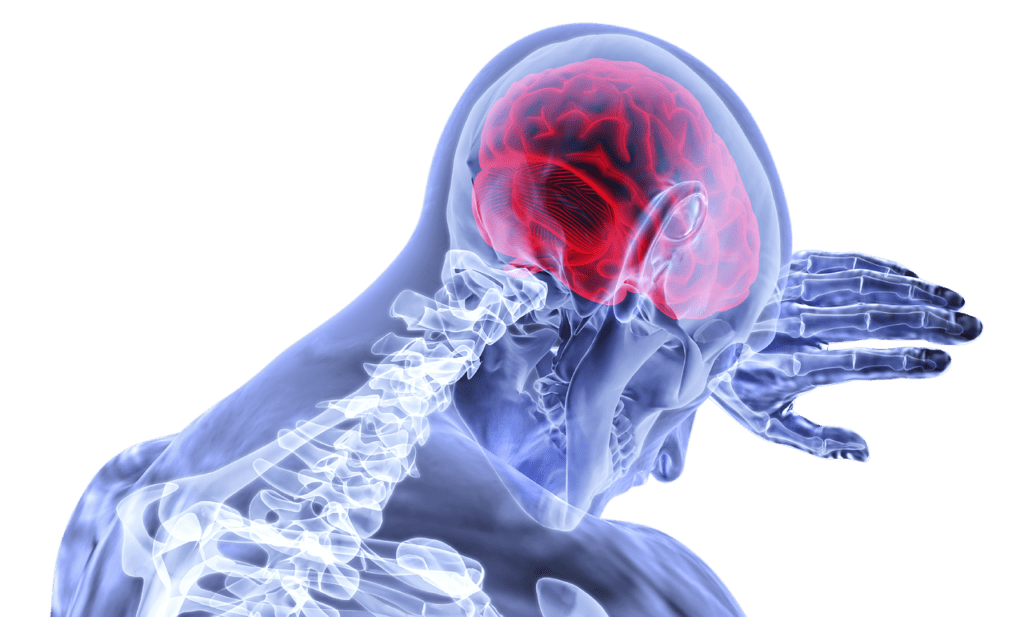According to a story from Medical Xpress, the US Food and Drug Administration has recently issued a new warning for the multiple sclerosis drug alemtuzumab (marketed as Lemtrada). This warning is in regards to a very small number of users reporting tears in the lining of head and neck arteries and as well as strokes.
About Multiple Sclerosis
Multiple sclerosis is a neurological disease which is characterized by damage to the myelin sheath, an fatty, insulating, protective covering that surrounds nerve cells and allows the to communicate effectively. Although a precise cause has not been determined, multiple sclerosis is considered an autoimmune disease, in which a certain trigger, such as an infection, may cause the immune system to mistakenly attack healthy tissue. Smoking and certain genetic variants are also considered risk factors for the disease. Symptoms include blurred vision, double vision, blindness in one eye, numbness, abnormal sensations, pain, muscle weakness, muscle spasms, difficulty speaking and swallowing, mood instability, depression, loss of coordination, and fatigue. There are a number of treatments available for the disease, but no cure. Life expectancy for patients is slightly reduced. To learn more about multiple sclerosis, click here.
Rare, But Serious
Stroke and artery tears can be potentially fatal or debilitating. In many cases, patients developed these dangerous symptoms in less than a day after receiving an alemtuzumab infusion, although in one case the event did not occur until three days later. The agency plans to add the risk of stroke to the box warning that the drug already carries. Alemtuzumab is also marketed under the name Campath as a therapy for B-cell chronic lymphocytic leukemia. Its label will be updated to highlight the newly discovered risks.
While strokes and arterial dissection are two very serious medical events that should not be taken lightly, this does not mean that everyone should stop using alemtuzumab. These events are still very rare and the therapy can provide substantial benefits that, for many patients, easily outweigh the possible risks.
If a patients suspects an arterial dissection or stroke, emergency treatment should be sought as soon as possible. Possible symptoms include sudden head or neck pain, loss of feeling in the face or limbs, confusion, loss of coordination, or trouble speaking.






